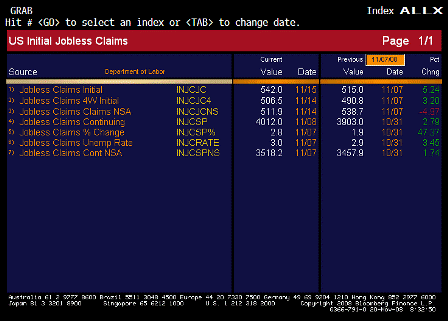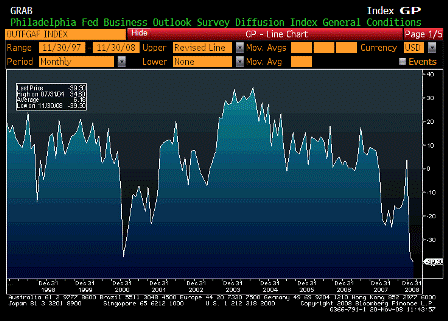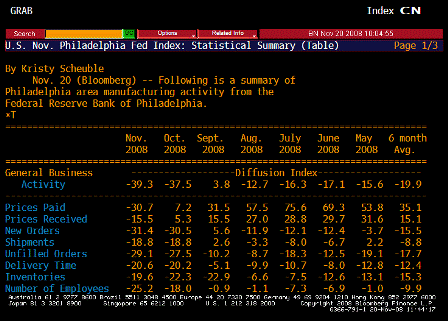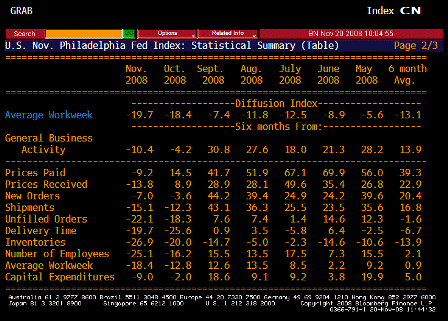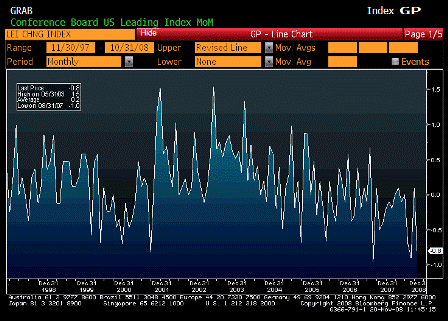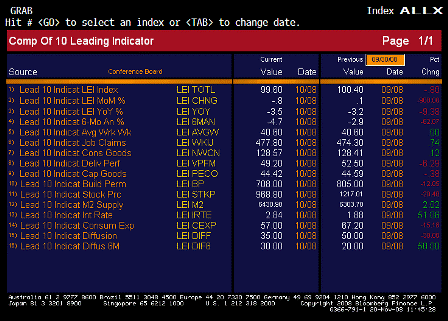This means the deficit will rise via the automatic stabilizers only- falling tax receipts and higher transfer payments, and the economy will get that much worse to get the deficit to where it needs to go to reverse the economic decline.
Given the proactive fiscal responses from the rest of the world, this will likely mean Germany will have to wait for exports to pick up to a world economy that recovers ahead of them.
It also means systemic risk pressures for the eurozone continue to increase:
Berlin rejects spending its way out of recession
“We had an 11 per cent savings rate. Now it’s risen to 13 per cent,” says a chancellery official.
“Given the current uncertainty, you can expect any additional income to go straight into higher savings.” Another argument, mentioned by Peer Steinbrück, finance minister, is that while a fiscal boost could help Germany, Europe’s largest economy is so big it would have to be large enough to be beyond the reach of Berlin’s public coffers. This is why the government has favoured what it calls “leverage” measures: limited subsidies and incentives designed to trigger a disproportionate rise in investments and consumption, such as more generous amortisation rules or a temporary lifting of the car tax.
The package of 15 growth-boosting measures adopted by the cabinet two weeks ago may only be worth €12bn (£10bn, $15bn) over two years but the government expects it to generate €50bn in investments and consumption over the same period.
[top]





